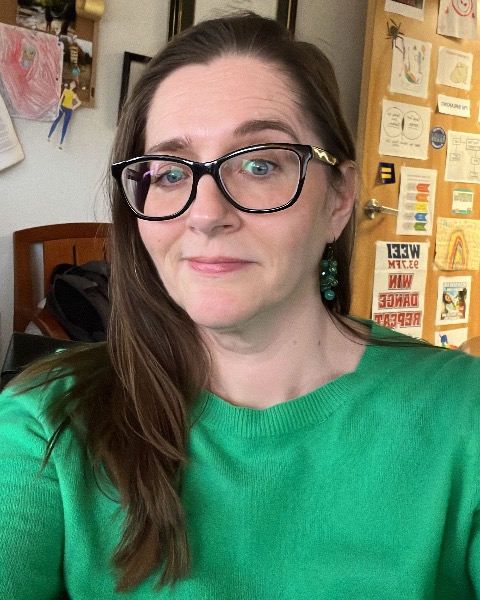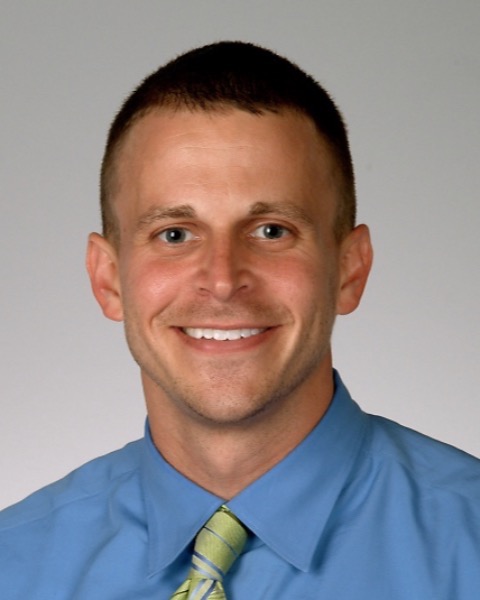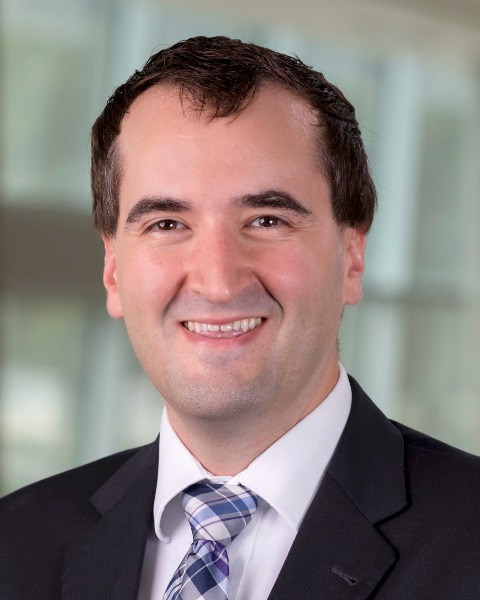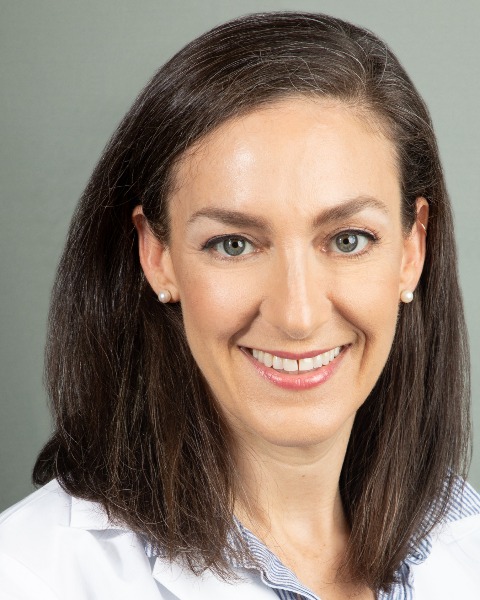Medical Education
Leadership and Business Training
Wellness and Well-being
Career Development
Trainee
"The soil, not the seed": Psychological Safety in Resident Remediation
-

Elizabeth Nelsen, MD (she/her/hers)
Associate Professor of Pediatrics
State University of New York Upstate Medical University
Syracuse, New York, United States -

David Mills, MD
Pediatrics Residency Program Director
Medical University of South Carolina College of Medicine
Charleston, South Carolina, United States -
SL
Su-Ting Li, MD, MPH (she/her/hers)
Professor
University of California Davis
Sacramento, California, United States -

Nathaniel Goodrich, MD (he/him/his)
Associate Professor
Pediatrics
University of Nebraska College of Medicine
Omaha, Nebraska, United States -

Nicola Orlov, MD MPH (she/her/hers)
Associate Professor of Pediatrics
University of Chicago Division of the Biological Sciences The Pritzker School of Medicine
Chicago, Illinois, United States
Leader(s)
Co-Leader(s)
Workshop
Description: Psychological safety (PS) refers to the feeling of being able to speak up, take risks, and make mistakes without fear of negative consequences in the workplace. PS is a concept that grew out of work from Edmonson and others looking at psychological influences on organizational change in teams. In the clinical learning environment, PS relates to increased team engagement, increased rates of error and safety reporting, engagement in work, and engagement in system improvement. With the support of APPD’s Research and Scholarship Learning Community, our group conducted a national study of pediatric program directors to better understand best practices for remediation. Our qualitative analysis revealed that ensuring psychological safety is critical to success in resident remediation. This led to the development of a conceptual model to support program directors in the process of remediating trainees, and PS is both the cornerstone of the process and is re-introduced at every step. Developing and ensuring PS in this process is not without its challenges. Our primarily interactive session will support residency program leaders in cultivating their “soil” - integrating PS into remediation practices using our evidence-based model to help maximize the growth of the “seed” – their trainees – as we tackle the best ways of incorporating PS into remediation.
Learning Objectives:
- Define psychological safety in the setting of residency training, the clinical learning environment, and remediation.
- Evaluate current practices for creating and maintaining psychological safety during remediation.
- Construct an approach using a model for remediation to ensure psychological safety throughout remediation.
